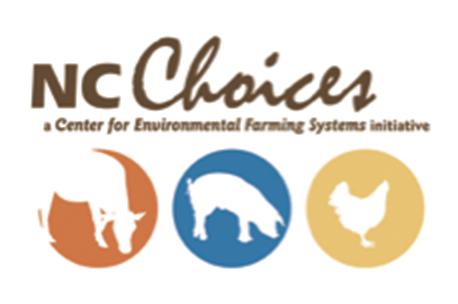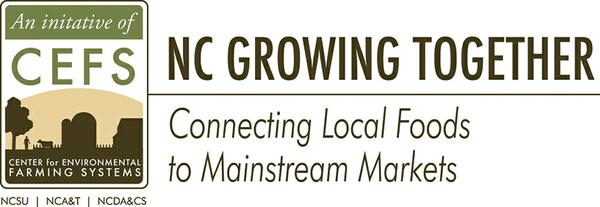North Carolina State University and Amazing Grazing have developed three production protocol guidelines to assist producers in creating beef finishing systems. The systems described here include (1) a "Local Finished Beef" product that has no dietary and few management restrictions, (2) a "Local Pasture-Raised and Pasture-Finished Beef" product that has limits on the amount and type of concentrates fed, and ensures that animals remain on pasture throughout production, and (3) a "Local Grass-Fed Beef" product that severely limits feeding of concentrates and ensures that animals remain on pasture throughout production. These guidelines are voluntary. Producers are encouraged to evaluate these documents and use them as a starting point when they begin to develop a finishing program. If you are writing a protocol for self-certification or for a specific third-party verified production program, you can use these protocols as is and develop your management plan to fit them, or you can choose one as a starting point and adjust it to accommodate specific requirements of your program.
More information on each set of guidelines is provided in the following publications:
- NC State Local Finished Beef Production Guidelines, LF-011-02
- NC State Local Pasture-Raised and Pasture-Finished Beef Production Guidelines, LF-011-03
- NC State Local Grass-Fed Beef Production Guidelines, LF-011-04
| Production Protocol | NC State Local Finished Beef | NC State Local Pasture-Raised and Pasture-Finished Beef | NC State Local Grass-Fed Beef |
|---|---|---|---|
| Animals are of known age and origin |
* |
* |
* |
| NC–BQA Program certified |
* |
* |
* |
| Animal ID maintained throughout entire life |
* |
* |
* |
| No added hormones |
* |
* |
|
| No growth-promoting antibiotics |
* |
* |
|
| 95% of lifetime diet is from forage (no more than 500 lb of supplemental concentrate fed over the growing and finishing periods) |
* |
||
| Supplemental Concentrate Feeding Limits | |||
| Wean to yearling up to 0.5% of body weight |
* |
||
| Yearling to finish up to 1.0% of body weight |
* |
||
| Drought or Low Forage | |||
| Wean to yearling up to 1.0% of body weight |
* |
||
| Yearling to finish up to 1.5% of body weight |
* |
||
Acknowledgements
The author wishes to express appreciation to Jeffrey Lehmkuhler, Johnny Rogers, Lawton Stewart, Alan Wade, Steve Washburn, Beth Yongue, Debbi Braswell, and Debra Ireland for their useful insights and review of this publication.
This material is based upon work that is supported by the National Institute of Food and Agriculture, US Department of Agriculture, under award number 2013-68004-20363. Any opinions, findings, conclusions, or recommendations expressed in this publication are those of the author(s) and do not necessarily reflect the view of the US Department of Agriculture.
More information:
Center for Environmental Farming Systems
CEFS is a partnership of North Carolina State University (NC State), North Carolina Agricultural & Technical State University (NC A&T), and the North Carolina Department of Agriculture & Consumer Services (NCDA&CS).
Local Foods Publications Series editor:
Joanna Lelekacs, Extension Local Foods Flagship Program Manager
Publication date: June 28, 2016
LF-011-01
The use of brand names in this publication does not imply endorsement by NC State University or N.C. A&T State University of the products or services named nor discrimination against similar products or services not mentioned.
N.C. Cooperative Extension prohibits discrimination and harassment regardless of age, color, disability, family and marital status, gender identity, national origin, political beliefs, race, religion, sex (including pregnancy), sexual orientation and veteran status.

 (1)-01.jpg)


